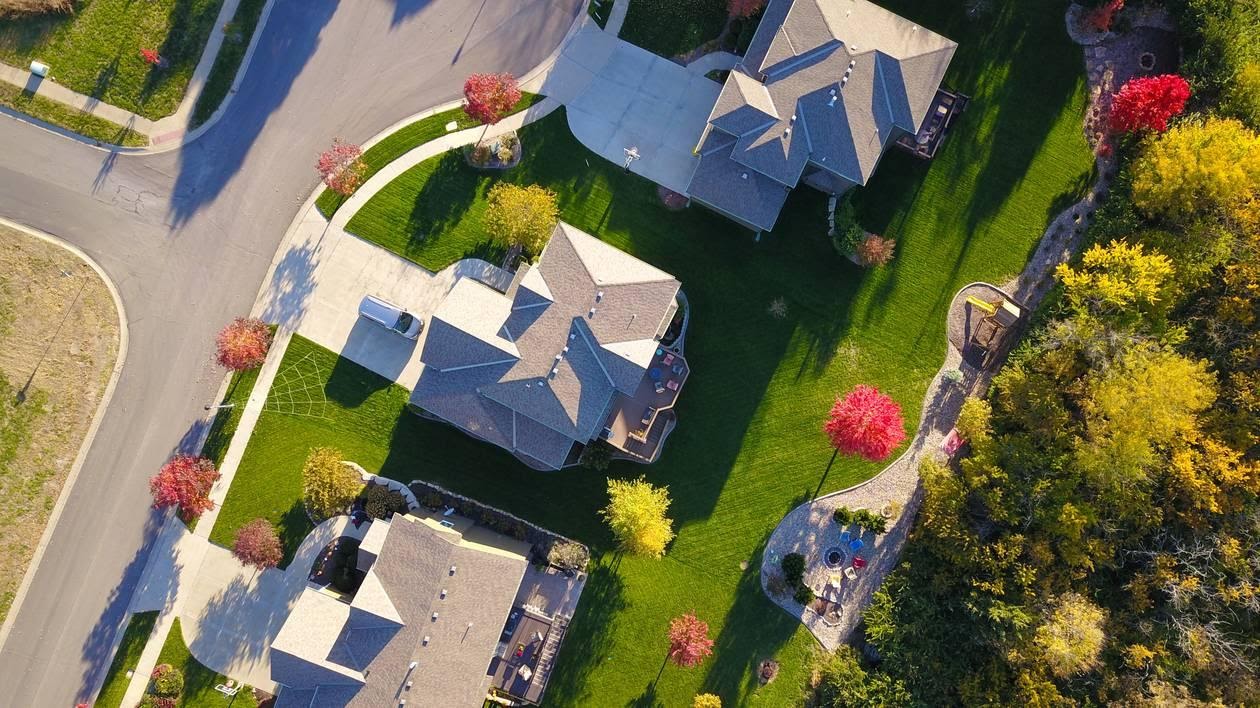If this is your first time buying a property and you’re considering your options, you may be faced with terms like freehold and leasehold. You can know more about these two on this site here. For the people who don’t know much about the terms, they refer to the type of ownership that you have on a particular property.
You must understand the difference between the leasehold and freehold properties to make better decisions when you purchase. The following are guidelines that you can use on how the two are different from each other to decide which one is better for you.
The Difference Between the Two
The distinction that separates the two is quite simple. With freehold, you will own both the house and the land of the property. In a leasehold, you own the property for a period specified by the freeholder but not the ground that it stands on. This is the case with many warehouses or buildings where owners will agree to a 100-year contract with the freeholder.
Whether you will encounter a leasehold or a freehold will depend on the type of house that you want to buy. For example, most apartments and condominiums are on leasehold bases, and townhouses are often on the freehold side.
Knowing More about Freehold
As mentioned above, you have the complete ownership of the property’s grounds and any houses inside it when you get into a freehold term. You can read more from this freehold article and see other advantages that you can get in purchasing this kind of property. You also have the responsibility to maintain the lands, and here are some benefits that you should know.
No Leases to be Worried About
Many owners don’t have to worry about the length of renting a specific building. Shorter leases can be problematic for many owners as they come with many issues when they are selling a property. Since the definition of freehold is owning the property in its entirety, you can sell them or give it to your children as an inheritance. This level of security is essential for many people.
You Won’t Need to Pay Rent
You don’t have to pay a specific rental for the land where the building is located. What this means is that you are fully responsible for the maintenance of the grounds, but you can also do everything as you please. If you wanted to change your gardens’ landscape, you could do so without needing to check with any owners.
Disadvantages to Consider
Higher Prices
One of the biggest cons of getting freehold properties is that it’s more expensive. Many investors make money from the buying phase, and the cost of a house can affect their returns. Some prefer the long lease lengths of apartments to get the most out of their money.
Lots of Responsibilities
While many people may favor having more responsibilities, some don’t want to get involved with maintenance or repairs. The owners will be the one to arrange for repairs and pay for many things that they want to have in their properties. These can include building swimming pools, landscaping the gardens, and maintaining the cleanliness of the area.
About Leaseholds

For leaseholds, individual property is only partly owned by the one who has purchased it. Leasehold arrangements are present in a shared ownership scheme. You can learn more about shared ownership schemes here: https://www.gov.uk/affordable-home-ownership-schemes/shared-ownership-scheme. The buyer owns only the house for more than 50 years but not the land underneath it. Here are some pros and cons to this type of arrangement.
Reduced Initial Investment Costs
For leasehold types of ownership, the costs are usually lower. Many apartments have lower prices that are ideal for beginners. If the apartment is located in the metro, you can get higher returns in the future. This is ideal for locations where the demand for rental is very high.
Easier Management
There’s still a level of responsibility needed in a leasehold arrangement, but it’s not a lot. Some of the work required for a building, such as repairs of walls and painting, will still be taken care of by the owner.
The disadvantages include paying for service charges, and the overall process can be tricky. It would be best if you avoid agreements where you will have a less than 80-year ownership. This makes the selling of the property a more challenging one if you decide that you don’t want it anymore.



















